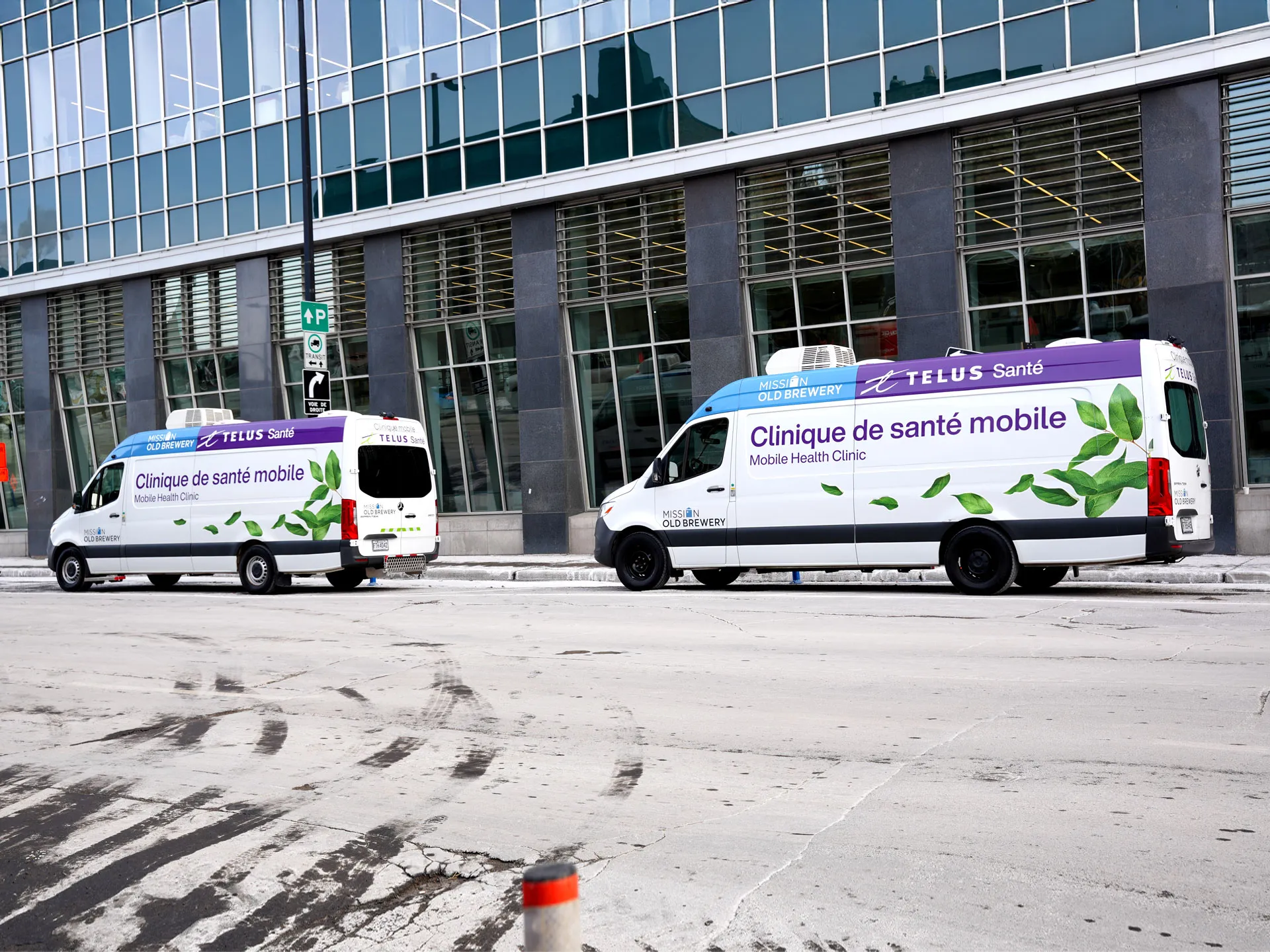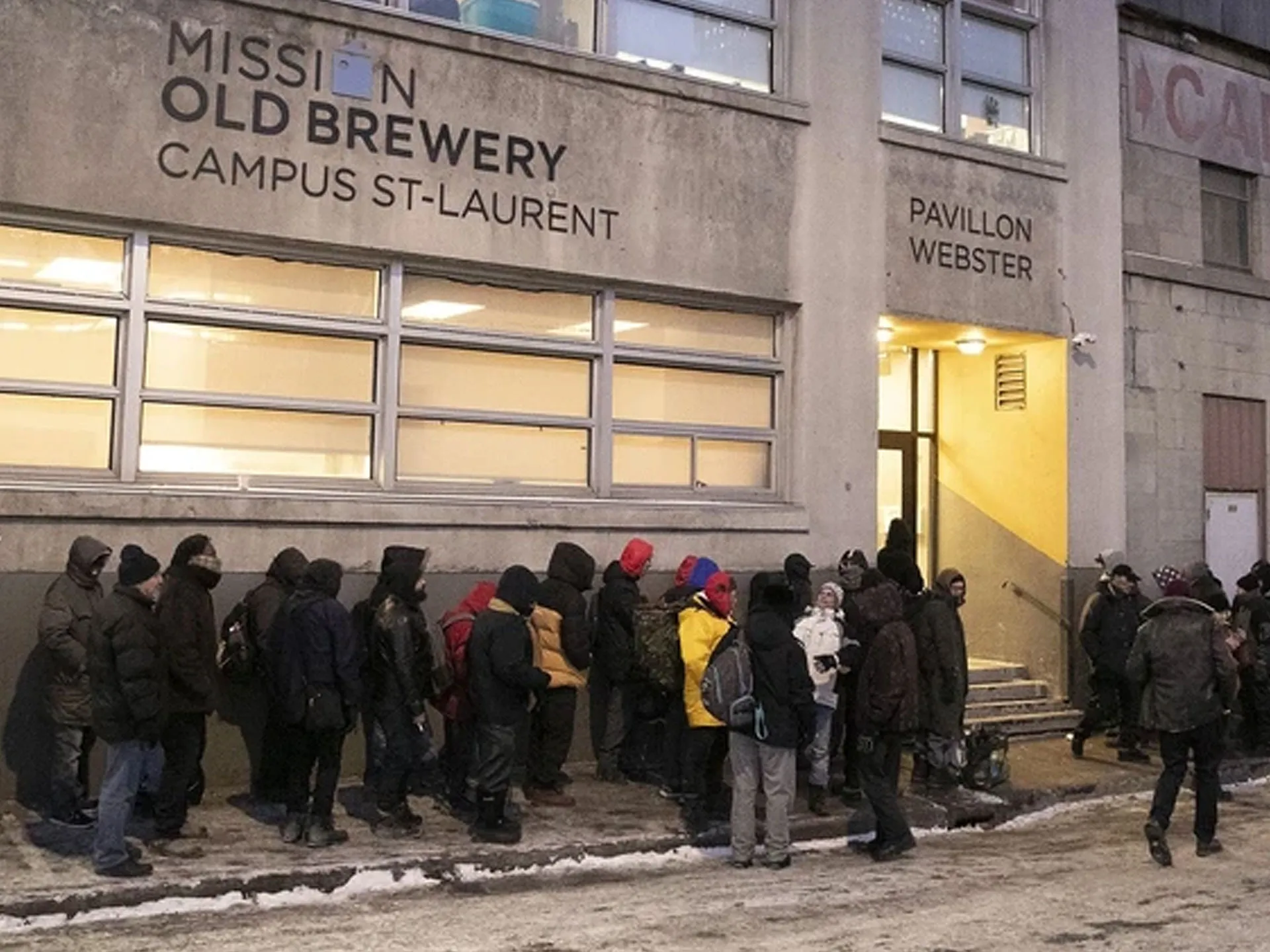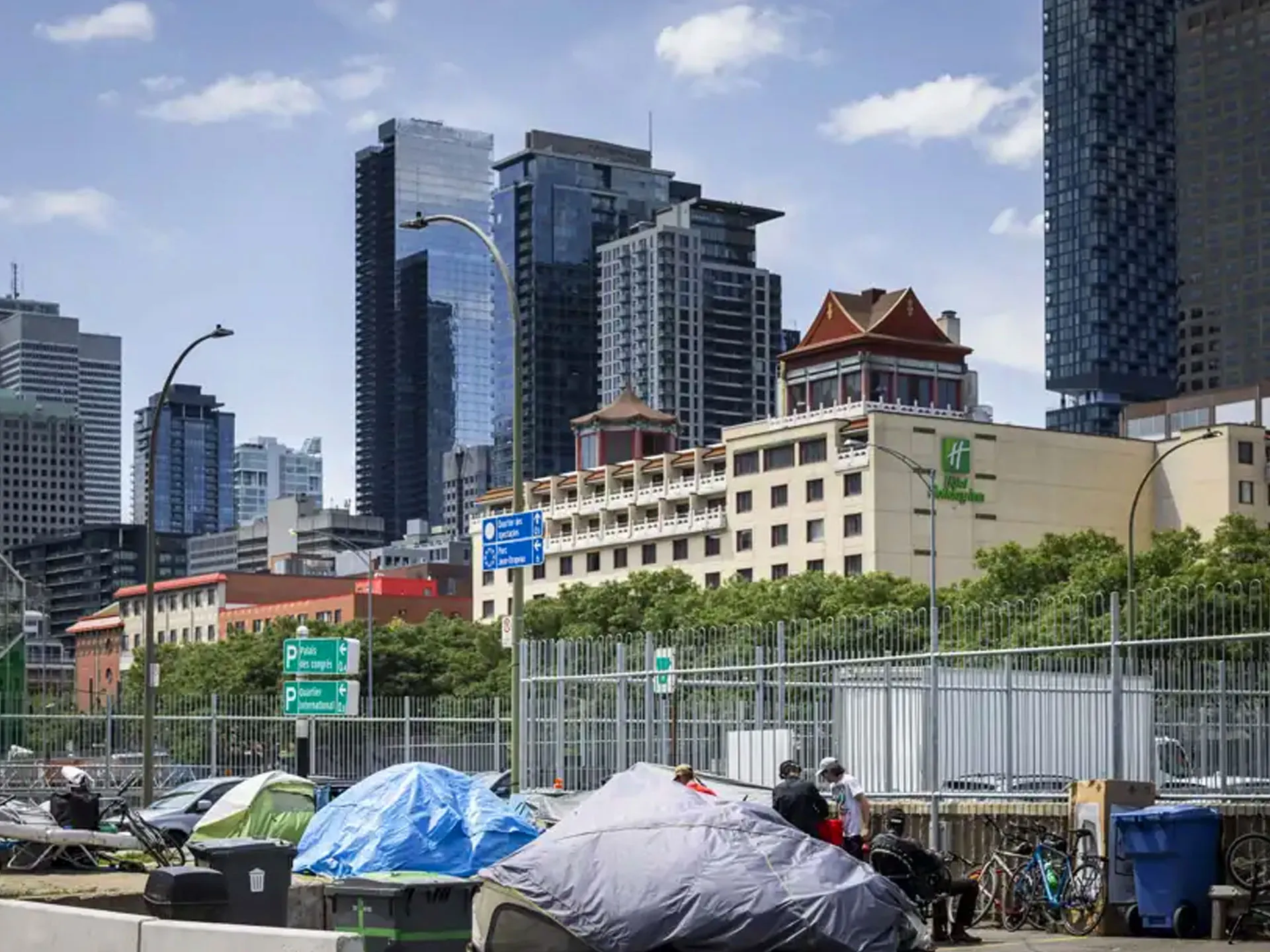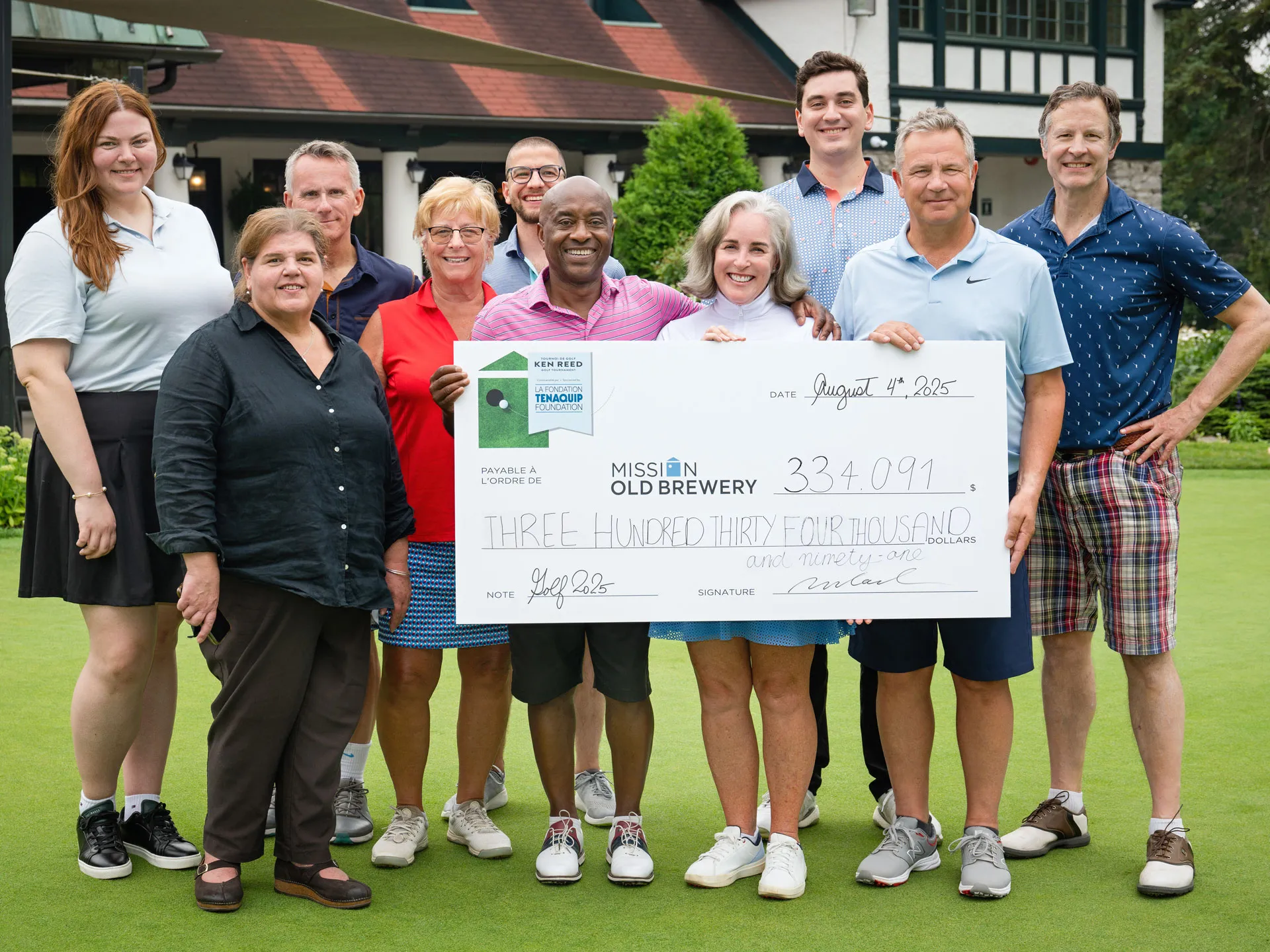
Preventing homelessness among seniors: Act early to avoid the worst

Photo by Pierre Obendrauf / Montreal Gazette
The economic inequality that exists in our society is glaringly evident in the living conditions of our seniors. Depending on social class, some enjoy an active and comfortable retirement, while the most vulnerable live in financial insecurity with limited access to essential services.
On October 1, the International Day of Older Persons, we should give some thought to the fundamental questions these disparities raise about the equity and dignity we as a society offer our seniors. In particular, we are dismayed by the growing numbers of people experiencing their first episode of homelessness later in life, as they approach old age.
It doesn’t take much: people over 50 who are isolated and financially insecure can easily slip through the holes in our social safety net. In many cases, they are already in frail health but they cannot access many government programs and services—in areas including health and social services, home care, housing, transportation, justice, employment and others—until they turn 65.
So what do they do in the interim, the critical 15 years until age 65? This is where they fall into the Bermuda Triangle of government assistance, left to fend for themselves because of a cascade of systemic failures in our social policies.
Living on the streets during those 15 years has a terrible impact on a person’s health. People in this situation suffer severe physical and cognitive decline and experience dramatic premature aging. Indeed, people who have been living on the streets are considered seniors by the age of 50, as defined by the official 2022 homelessness headcount, by the Ministry of Health and Social Services
The 2022 headcount found that people aged 50 and over accounted for 44% of people experiencing homelessness in Montreal, making them the largest single age group in our city’s street population.
Source: https://publications.msss.gouv.qc.ca/msss/fichiers/2023/23-846-05W.pdf
By the time they reach 65, people living on the street are closer to the physical and cognitive age of a 75-year-old and have mounting special needs, which makes their situation even more dire. It would test anyone’s resilience. The effort of finding housing becomes all the more daunting, the chances of getting off the streets even more remote.
To keep this problem from steadily worsening, we need to act early, long before age 65, to prevent people from ending up on the street. After the Old Brewery Mission launched its homelessness prevention service in 2021, it quickly became apparent that a program specifically tailored to seniors was needed. This is what the Old Brewery Mission’s Ancrâge program, supported by the Mirella and Lino Saputo Foundation, does. To prevent homelessness among people over 50, we act as social brokers, identifying seniors at risk of homelessness and connecting them with appropriate housing services. We hope that over the next five years, nearly 750 seniors will avoid homelessness thanks to Ancrâge.
However, we can’t turn back the tide on our own. There has been progress on reducing evictions of seniors but it’s not enough. The full extent of the problem must be recognized and more resources and policies must be put in place for those in precarious situations well before the age of 65.
To prevent homelessness among seniors in the coming years, we need a captain at the helm and a full crew on deck. And we need them now.
We call upon the Minister Responsible for Seniors, the Minister Responsible for Social Services, and the Minister of Health to help us avoid the worst.
Dernières nouvelles
-
 The Old Brewery Mission and TELUS Health for Good launch second mobile
The Old Brewery Mission and TELUS Health for Good launch second mobile -
 Homelessness in the downtown core: We must house, care and innovate
Homelessness in the downtown core: We must house, care and innovate -
 Meet Jean-François Dagenais, Vice President of Finance, IT and Facilities
Meet Jean-François Dagenais, Vice President of Finance, IT and Facilities -
 Old Brewery Mission unveils new employer brand
Old Brewery Mission unveils new employer brand -
 Another resounding success for the Ken Reed Golf Tournament: $334,091 raised for the Old Brewery Mission!
Another resounding success for the Ken Reed Golf Tournament: $334,091 raised for the Old Brewery Mission! - See all news